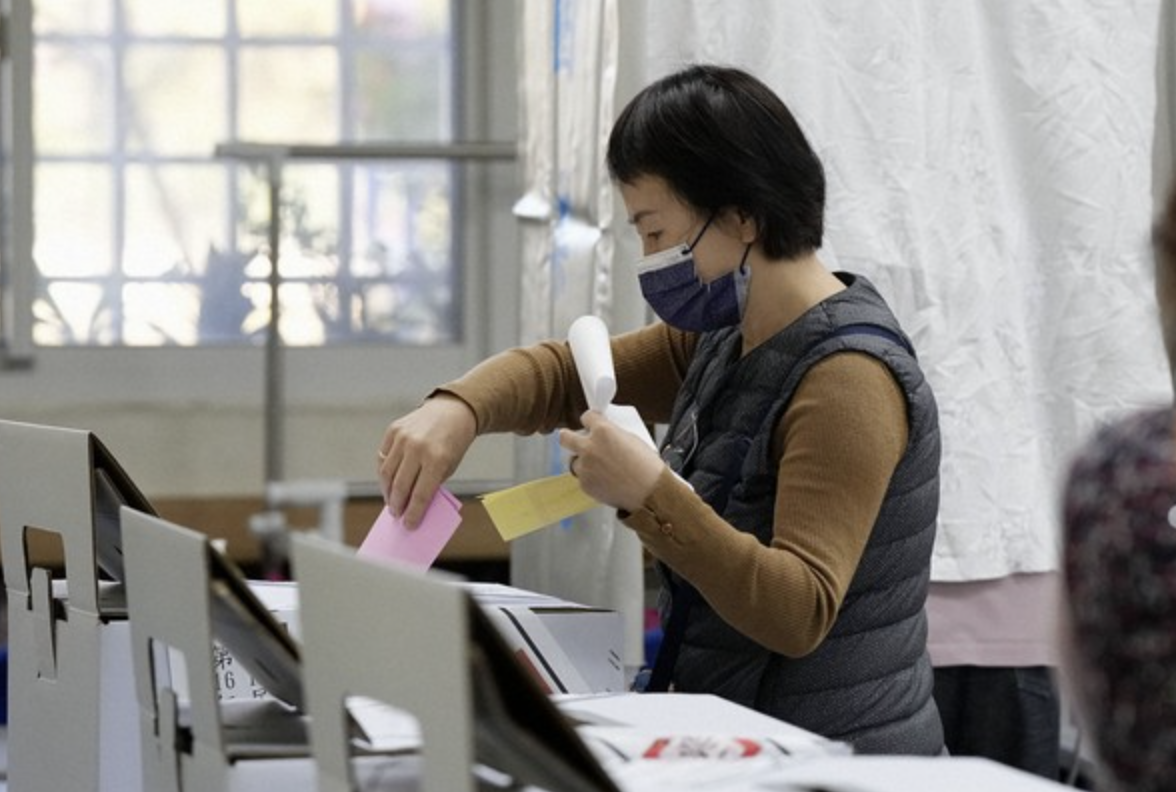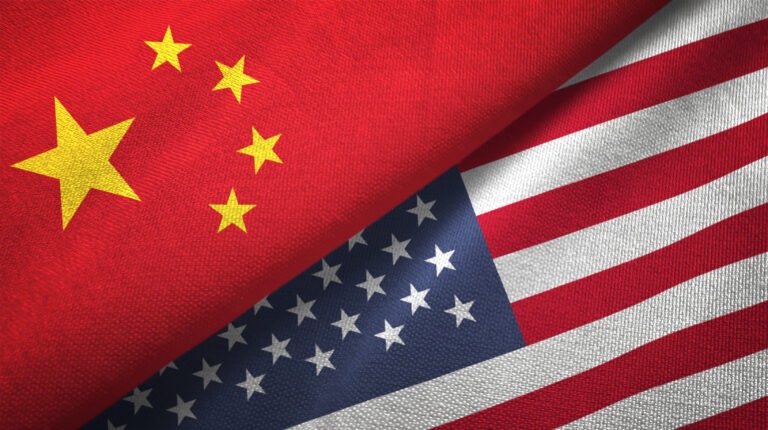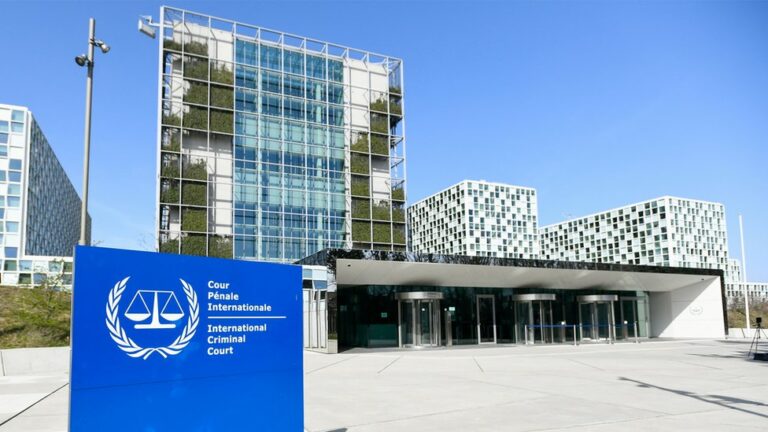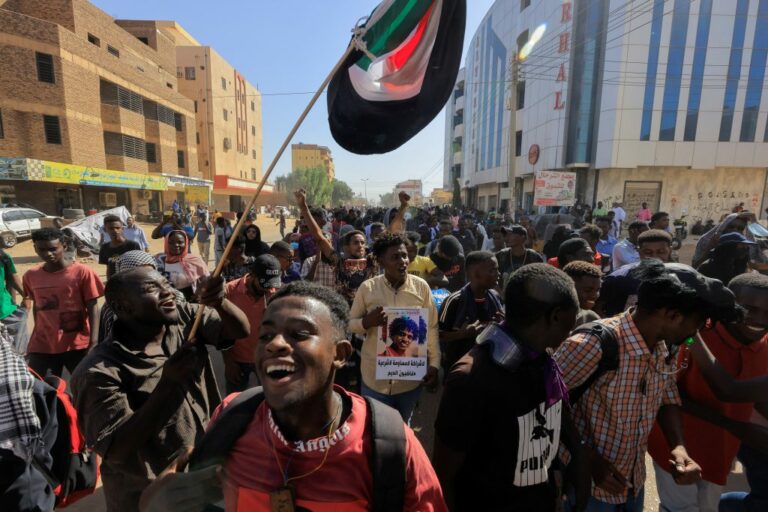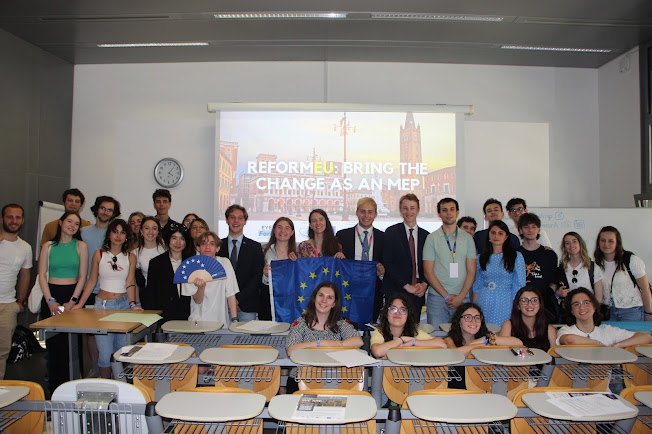Taiwan’s Democracy hits pubert
Election time for Taiwan!
This weekend on Sunday, January 13th the so-called Yuan elections will take place again in Taiwan. Since 1992 this format has boosted the country’s democracy tremendously and currently, Taiwan can be regarded as one of the most successful democracies being slightly below the Netherlands in 10th place in the World Democracy Index 2022 (Our World In Data, 2022). During the Yuan elections, a new head of state will be chosen as well as members of the parliament. To understand Taiwanese politics, it’s inevitable to take a good look at history and the current Taiwan cross-strait relations with China.

The Establishment of the ROC and Taiwan’s Shift.
A long time before the Second World War, Taiwan was colonized by Japan, guiding Taiwan through modernity and also performing its effect on the 6.3 million people already living in Taiwan in 1944 (Taeuber, 1961). After the Chinese Communist Revolution under the lead of Mao Zedong between 1946 and 1949, at least 2.2 million Chinese Republicans (Jiang, 1996) favouring Chang Kai-shek’s republican Kuomintang migrated to Taiwan, taking 20% (The China Project, 2020) of the collections of the Palace Museum in the forbidden city as remnants of their Chinese heritage and identity. With this extreme population growth of a quarter and a transfer of high officials to the island the KMT has tried to do everything to make the world and their people understand that they do belong to China, that they are the true owners of the Chinese identity. The KMT had a strong undemocratic rule similar to South Korea’s rule in its early years, and the KMT tried everything to Sinificate Taiwan (Hao, 2010), without much long-term success. In 1972 Mainland China’s People’s Republic of China (PRC) was officially recognized by the UN as the truthful owner of the Chinese identity. Which resulted in Taiwan’s shift from being a member of the UN Security Council towards not being recognized by a big majority of the world. Therefore Taiwan began to dramatically shift their economic approaches in favor of becoming present on the world market. TSMC, the chip-developer, might be one of these successes (Nippon.com, 2021). Contrary to South Korea, the economic development and exposure of the global market did not explicitly cause the Taiwanese to democratize in the decades up to 1992, rather a conscious wealthy and co-humane middle class seems to be partly the cause of this rise of democracy (Auklend, 2022). People began questioning their identity and there was a strong rise of opposition in the late 70s and 80s, called the Tangwai movement, leading to the (illegal) founding of the Democratic Progressive Party in 1986 and the eventual lift of the Martial Law a year later, which reduced the power of KMT ever since (https://taiwanhandbook.github.io/wiki/pages/Tangwai.html).
The Continuous Rise and Fall of DPP
Apart from opposition, the DPP also began to question another issue: the potential for an independent Taiwan, leaving behind the Chinese heritage. From now on it was KMT versus DPP with Chinese identity versus Taiwanese identity respectively. In 1991 DPP implemented in their constitution the goal to become independent, whereas KMT signed the 1992 consensus, which implies that there is a state of One China, Two Systems (Rand Blog 2020). This with huge protests from the DPP movement, caused an electoral shift in profit for the DPP taking office for 8 years until they lost their popularity due to a scandal and KMT was in power again. During those eight KMT years, the identity debate became more intense and young people mobilized themselves more and more (Brading, 2017). This escalated quite heavily closer to the 2016 elections with the well-known occupation of the parliament by students called the Sunflower Revolution in 2016 (Smith, 2015) and the protest at the Ministry of Education against textbook changes 4 weeks before the election (Duan, 2023). This caused the formerly resigned party leader, Tsai Ing-Wen to win and hold effective power until now. In this second period of reign, DPP has changed Taiwan forever, simultaneously the tensions between PRC and ROC have never been as high as last couple of years, especially since Xi Jinping is incumbent. Also, the United States has been increasingly present on the Island insinuating that more and more countries pseudo-acknowledge the existence and the urgency of stability in Taiwan. After these eight years of extreme democratization by DPP’s rule, it seems quite a logical take that opposition has grown. Especially Tsai has received a lot of critique regarding her approach to gaining international attention by visiting the US and finding partners in Africa, Central America and Europe (France24, 2023). Even though this approach falls in line with the DPP, since the 1992 Consensus has still not been officially settled between the PRC and ROC it causes tensions with the PRC in a way that the people of Taiwan feel threatened and less supportive of her independence movement as seen by the big loss of the municipality elections causing Tsai to announce she will resign after this term (France24, 2018).
Newcomers and new approaches:
In a country nowadays of 23.5 million people with diverse opinions and vibrant development, people are looking for candidates that can offer Taiwan stable growth rather than radical independence or unification with China. Every party tries to offer their promises to fulfil this ideal need of the voter. In the weeks towards this election, a lot of refreshing new candidates have shown up, but some have already dropped out. This leaves the election with three serious candidates: The KMT, DPP and newcomer Taiwanese People’s Party (TPP), founded in 2019, taking the stage with former Taipei-mayor Ko Wen-je as its leader. From a Western perspective, this party could be described as having a social-democratic centrist ideology. We know this party already from the 2022 local elections where they booked their first small successes, such as electing Taiwan’s youngest-ever mayor (Asia Pacific Foundation of Canada, 2022).
Establishing itself as a young and new party it gains especially interest from young people. Ko’s goal has been to use a rather realpolitik approach than the known ideological approach of KMT and DPP (CNN, 2024). Earlier in the application, there were signs that TPP and KMT would be on the ballot with a joint presidential ticket. This however ended up in disagreement based on polls (Taipei Times, 2023). Which has shaped the arena differently, and the rhetoric has become softer. KMT’s Hou Yu-it is merely stating that continued talks with China would benefit Taiwan (Financial Times, 2023). The KMT, however, got a surprise hit very recently by one of their members, former President Ma Ying-jeou. He stated in an interview that the Taiwanese should just trust Xi Jinping, causing again a public outcry and also forcing Hou to distance himself from this opinion and show his nuanced attitude (Taipei Times, 2024). The new DPP candidate William Ching-te Lai seems to also chosen a moderate approach to the political ambitions of the DPP, by using campaigning slogans as “Team Taiwan” and focusing more on the lore of his baseball past and dog rather than the serious situation Taiwan still finds itself in. Furthermore, Lai has been weakened by numerous accusations in the past, making his candidacy a challenge to turn out successful (FNF, 2023). It has become clear that for these elections the only successful way forward is a centrist moderate tone.
加油 jiāyóu
Whereas in the Western World one puts oil on the fire to deteriorate a specific process, it has the opposite meaning in Chinese, wishing each other good luck by adding oil (加油). While the Taiwanese candidates are trying to find their voice and wishing one another 加油 for the elections, there is still a man on the other side of the Taiwanese cross-strait that is using the more Western Style of adding oil. In Xi Jinping’s New Year’s speech, he stated very clearly that the unification of Taiwan will happen (PBS, 2023). By specifically mentioning unification, Xi sets a clear tone: even though Taiwanese voters want to evade the ideological debate and are in search of more moderate national political dynamics that benefit the people, the PRC is still anytime ready to reject any kind of independence. It’s still questionable how serious this is, and for now, it is a very good sign that Taiwan’s elections tend to have become more diverse these days. These are signs of becoming a true democratic country, and thus ameliorating its independent position, even if that’s not the main intention. We can state that at these Yuan elections, the Taiwanese democracy has hit puberty. I wish all the people of Taiwan a good election, 加油!
Author: Derk H. Beemer

